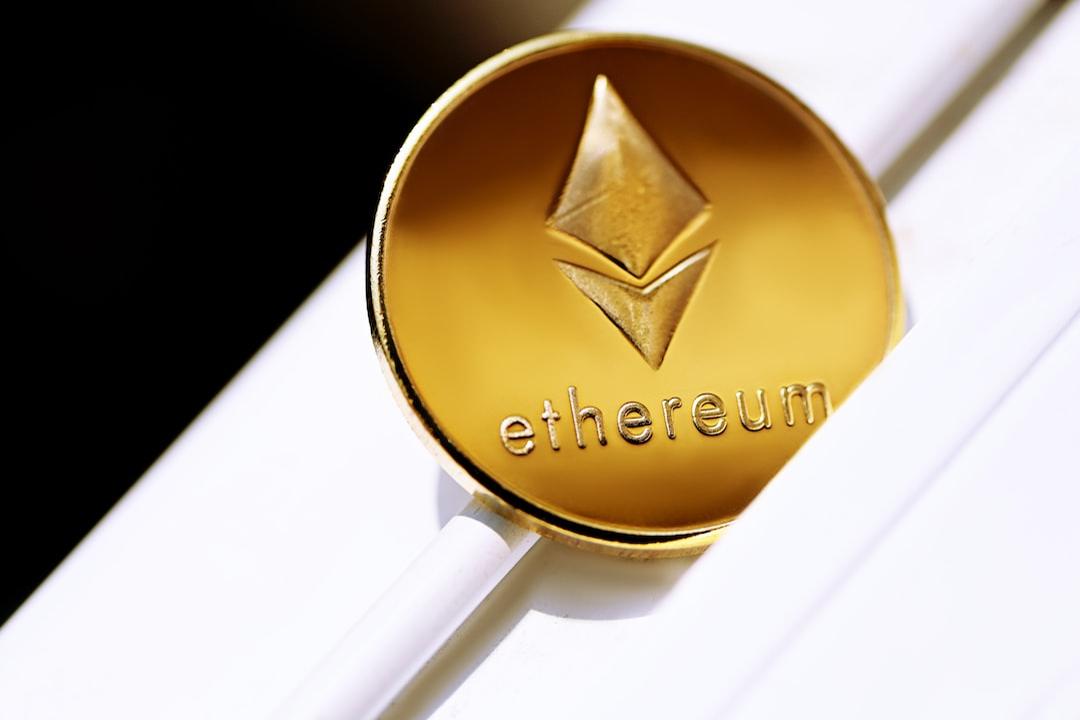In just a week after the release of ERC-404, an unofficial Ethereum standard that combines the functions of fungible and nonfungible tokens (NFTs), a team of developers has claimed to have created a better alternative called DN404. This new “Divisible NFT” standard aims to be a hybrid ERC-20/721 token, similar to its rival ERC-404. According to a pseudonymous developer named “cygaar,” DN404 allows NFT holders to trade fractionalized portions of their NFTs with others.
Cygaar explained that the goal was to create a token standard that could act as an NFT with built-in fractionalization. They stated that while ERC-404 has gained popularity, it does not follow existing standards, is inefficient, and has issues in certain situations. On the other hand, DN404 uses two contracts: a “base” ERC-20 and a “mirror” ERC-721. Cygaar claimed that their approach is fully compliant with protocols out of the box.
The majority of trading occurs on the ERC-20 token contract, where fractions of the NFTs are traded. When base ERC-20 tokens are transferred, the mirrored NFTs are automatically burned and minted. If a wallet holds at least one base unit of tokens, it will receive an NFT on the mirrored contract. Conversely, if the wallet holds below the minimum base unit amount, the NFTs will be burned.
The ultimate goal of DN404 is to enable users to trade portions of NFTs without intermediaries and allow NFTs to be traded on both NFT exchanges and decentralized exchanges. However, the developer warned that the code has not undergone a formal audit, so users should be cautious when using it.
In regards to ERC-404, one of DN404’s developers, known as “quit,” raised concerns about a possible vulnerability that could allow ERC-404 tokenholders to steal NFTs deposited into lending protocols that are incorrectly configured for ERC-404. The ERC-404 developer, known as “ctrl,” dismissed these concerns and argued that “quit” had created a contract that improperly used the standard, leading to the vulnerability. According to “ctrl,” the project called Pandora is auditing a more mature iteration of the standard that addresses integration.
Overall, DN404 presents itself as a more efficient and compliant alternative to ERC-404, with the aim of revolutionizing NFT trading by allowing fractionalization and trading on various platforms. However, users should be aware of the lack of a formal audit and potential vulnerabilities.

